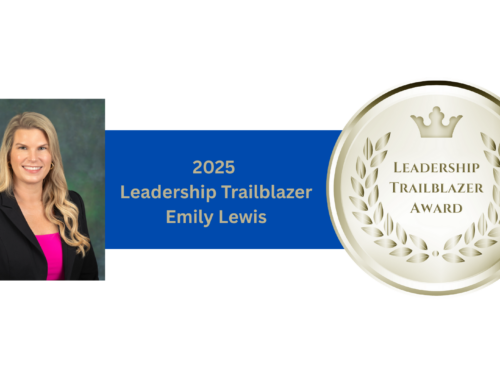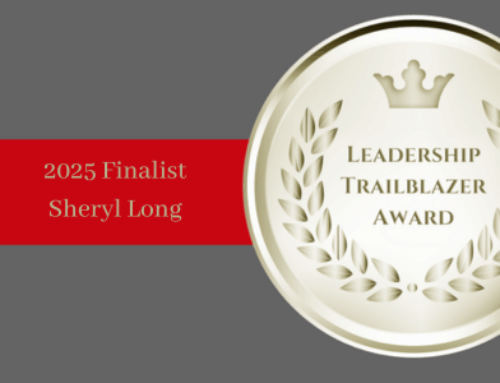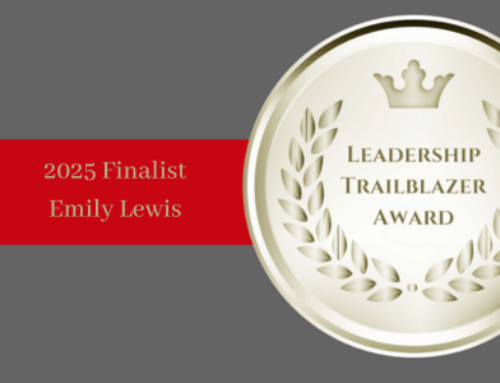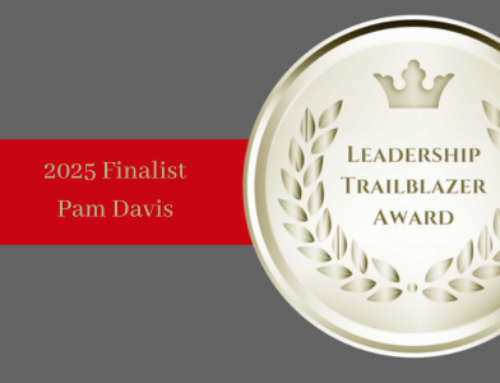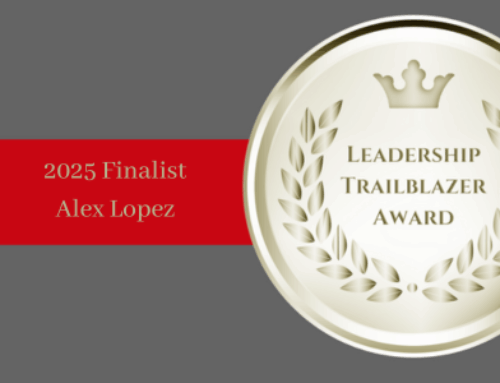MEET ONE OF THE 2025 LEADERSHIP TRAILBLAZER: Deborah Weir
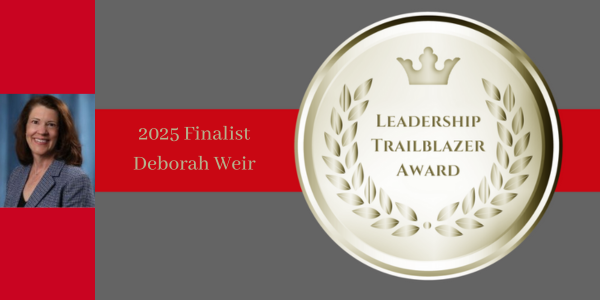
Today’s Trailblazer: Deborah Weir
The League caught up with Trailblazer Finalist, Deborah Weir, Assistant County Manager, Doña Ana County, New Mexico to talk about being named a Leadership Trailblazer and having a career in public service:
Q. Congratulations on being named a finalist for the Leadership Trailblazer Award. What does it mean to you to be nominated?
After spending the majority of my career in public service, I have met many dedicated, caring, and professional individuals who demonstrate the best of what it means to be a public servant. It is very humbling, and I am honored to have been nominated because there are so many amazing leaders who have guided me along the way, a number of whom could be recognized in this manner.
Q: What led you to a career in public service?
My career pathway to a career to public service was a little unusual. Upon completing my bachelor’s degree, I started working in a field that was directly related to my degree. After about a year in that field, I came to the realization that it was not a good fit and was preparing to enter law school the following fall semester. In the interim, I started taking pre-law classes in preparation for the fall semester which included government and public policy courses at the local university. One of my professors and the Political Science department head, Dr. Jerry Gianakis, stopped me after class to inquire about my graduation date and future plans. After explaining that I had graduated and was preparing for law school, Dr. Gianakis asked if I had ever considered public administration to which I asked, “What is public administration?” He took the time to educate me and suggested that if it was something I might be interested in, I should consider volunteering at Kent State University’s Center for Public Administration and Public Policy (CPAPP). If the experience volunteering seemed like a good fit, he encouraged me to apply for the MPA program. While volunteering at the CPAPP, I was exposed to a number of local government entities in Northeast Ohio as well as the broad range of opportunities within public administration. I also met committed and passionate government leaders. Seeing their dedication and the impact of their work on the communities they served inspired me to join their ranks and make a lasting impact in my own community.
Q: Who were your mentor(s) or advocate(s) in your career?
I have been fortunate to have had several mentors throughout my career. Starting in graduate school while working towards my MPA, I served my graduate assistantship working at the Center for Public Administration and Public Policy under the leadership of Dr. Melinda Holmes and Dr. James Tinnin. They were my first mentors and taught me the complexities and value of local government as well as the impacts of good leadership at that level. During that time, I researched and wrote policy drafts for the Northeast Ohio Mayor’s Think Tank and provided support to multiple local government entities related to research, policies and position statement development, and executive and senior management recruitment and selection processes including training selection panels and conducting assessment centers. The local government leaders I met helped narrow my focus to local government rather than the state or federal level.
As my career progressed, I have been blessed to several additional mentors who invested in me and took the time to share their experience, insights, and provide constructive feedback. My mentors have included colleagues and supervisors such as Dottie Schrum (HR Director, County of Summit BMR/DD), Tim Nesbitt (Assistant Dean/Director, Business and Resource Planning, New Mexico State University), Sue Padilla (former Assistant County Manager, Doña Ana County), Julia Brown (former County Manager, Doña Ana County), John Caldwell, (former County Attorney), Fernando Macias (former County Manager, Doña Ana County) and Scott Andrews (County Manager, Doña Ana County). Each of these mentors have several essential traits in common including a servant leader philosophy, commitment to ethical leadership, dedication to local government and their community, and generosity in sharing their time and experiences to develop the next generation of leaders.
Q: What is the most important lesson you learned while progressing throughout your career?
The most important lesson learned throughout my career is the art of building trust within the organization and community in order to ensure transparency, communication, and inclusion by demonstrating ethical leadership. The importance of modeling those behaviors, as opposed to just talking about them, is essential. It has served me well throughout my career, particularly when there are difficult or controversial decisions to be made. It is valuable for the executive management or elected policy makers to be able to come to me as a resource and know that they will get factual, accurate information without any other agenda than to allow them to make an informed decision on complex policy matters. My mentors and the leaders I have supported over the years exhibited each of those traits and set the expectation for those of us who would follow in their footsteps.
Q: What advice do you have for women just beginning their careers who would like to be an executive in local government someday?
The advice I would offer for women beginning their careers with the goal of becoming an executive leader in local government is to find a mentor and begin to build a network of mentors or role models who reflect what it means to be a public servant. Be present, ask questions, propose solutions, offer to learn new things, take advantage of opportunities presented to you, and actively solicit constructive criticism. Take chances and stretch yourself even when it is uncomfortable or unfamiliar. Be aware of the politics and organizational dynamics without playing politics. Be the leader your elected policy makers can rely on for factual information from to help them make the difficult policy decisions that will impact your community for years to come. And there is nothing more important than maintaining your integrity and modeling ethical behavior.
Q: What do you hope to leave as your legacy in local government when your career comes to an end?
As part of my legacy, I would like to be known for having helped shape and grow the next generation of local government leaders. These are the future leaders who will continue to serve and create opportunities for our community. I would like to be remembered as a leader who:
- Helped create opportunities for others by being welcoming and inclusive;
- Offered assistance or support to other team members to help them develop in their career path;
- Was committed to serving and improving our community; and,
- Modeled integrity and ethics by doing the right thing for the right reason.

